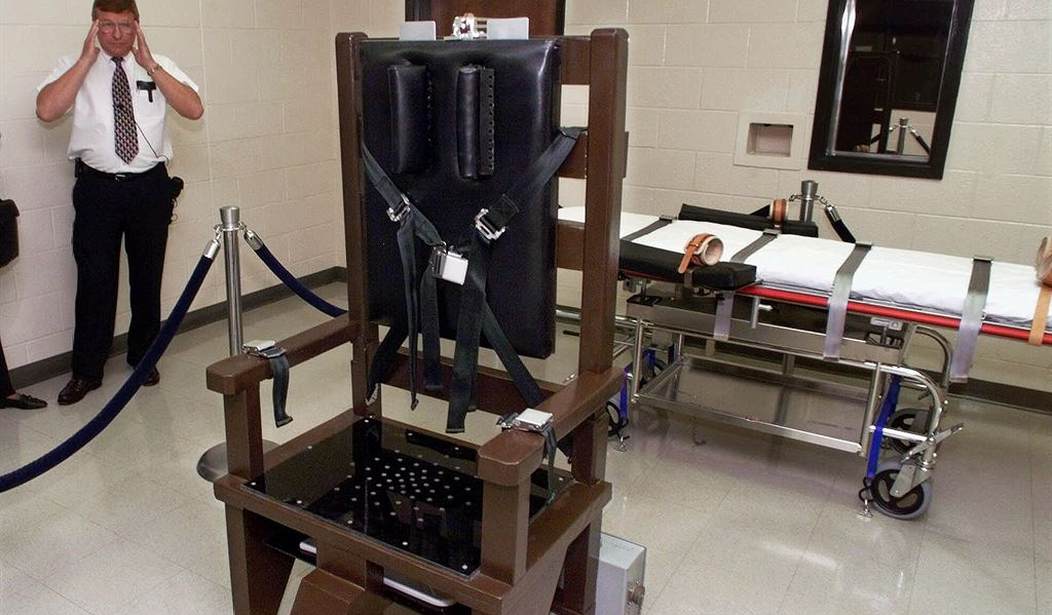He killed his grandmother. And he did so brutally, dumping her in the water before she was even dead, if the coroner is correct that her cause of death was drowning. He killed two others -- all evil acts. And then once in prison, he managed to kill a fellow inmate. So, I get why the governor of Tennessee refused to grant Nick Sutton clemency when the time came for his execution and final appeals.
But no one was asking for the man to be released. Instead, people -- including prison staff and the sister of the inmate he killed -- were advocating for Sutton's life. In the 34 years since he had been on death row, Sutton had done what you would hope would happen in prison. He changed. He started caring about others. Based on his last words, he became a man of faith. He even saved the lives of prison staff when inmates got violent. One former corrections officer whose life Sutton saved said in a plea to the governor that if Sutton were released from prison tomorrow, he would welcome Sutton in his home and as a neighbor.
Yes, Sutton's crimes were evil. They were also committed by a teenager whose mother abandoned him and whose father abused him. Reports indicated that as a child, his father introduced Sutton to drugs. Sutton's father later committed suicide.
It's all so miserable. And even more so, of course, for the families of those Sutton killed all those years ago. On social media, I saw a lot of burn-in-hell, this-should-have-happened-years-ago kind of comments. I couldn't help but think about mercy. Justice is crucial. But so is mercy. To have the civic and moral imagination to care that a person who has done heinous things may actually be a person whose life has value -- the kind of value he didn't see in others -- seems to be an important thing.
Recommended
This all happened around the fifth anniversary of the mostly Coptic Christian Egyptian men who were beheaded on the shores of Libya by ISIS militants. I thought of this because the families of those martyrs publicly forgave the terrorists and are praying for their conversion. We do see this radical forgiveness closer to home, too -- after the Charleston church shooting in 2015, for instance.
There's something about the ritual of executing prisoners in America that is dehumanizing to more than the prisoner who is killed.
Sutton was the 1,156th person executed in the United States since 1976. These state-sanctioned executions are a poison in our law and culture. They insist that more violence and death are good, that they solve a problem. We pretend that they will be a civilizing influence or a deterrent. But I doubt that the next Nick Sutton born of similar circumstances will be swayed by the prospect of the death penalty -- his life is already a living death.
People respond to love. Mercy is for the guilty. We can't look callous in these circumstances, or our arguments about the life of the most innocent might not be heard. I understand why Sutton was not granted clemency, but Sutton's life and death should prompt an examination of conscience that could bring a lot of people of good will -- those strange "pro-life" and "social justice" divides -- together.
(Kathryn Jean Lopez is senior fellow at the National Review Institute, editor-at-large of National Review magazine and author of the new book "A Year With the Mystics: Visionary Wisdom for Daily Living." She is also chair of Cardinal Dolan's pro-life commission in New York. She can be contacted at klopez@nationalreview.com.)

























Join the conversation as a VIP Member